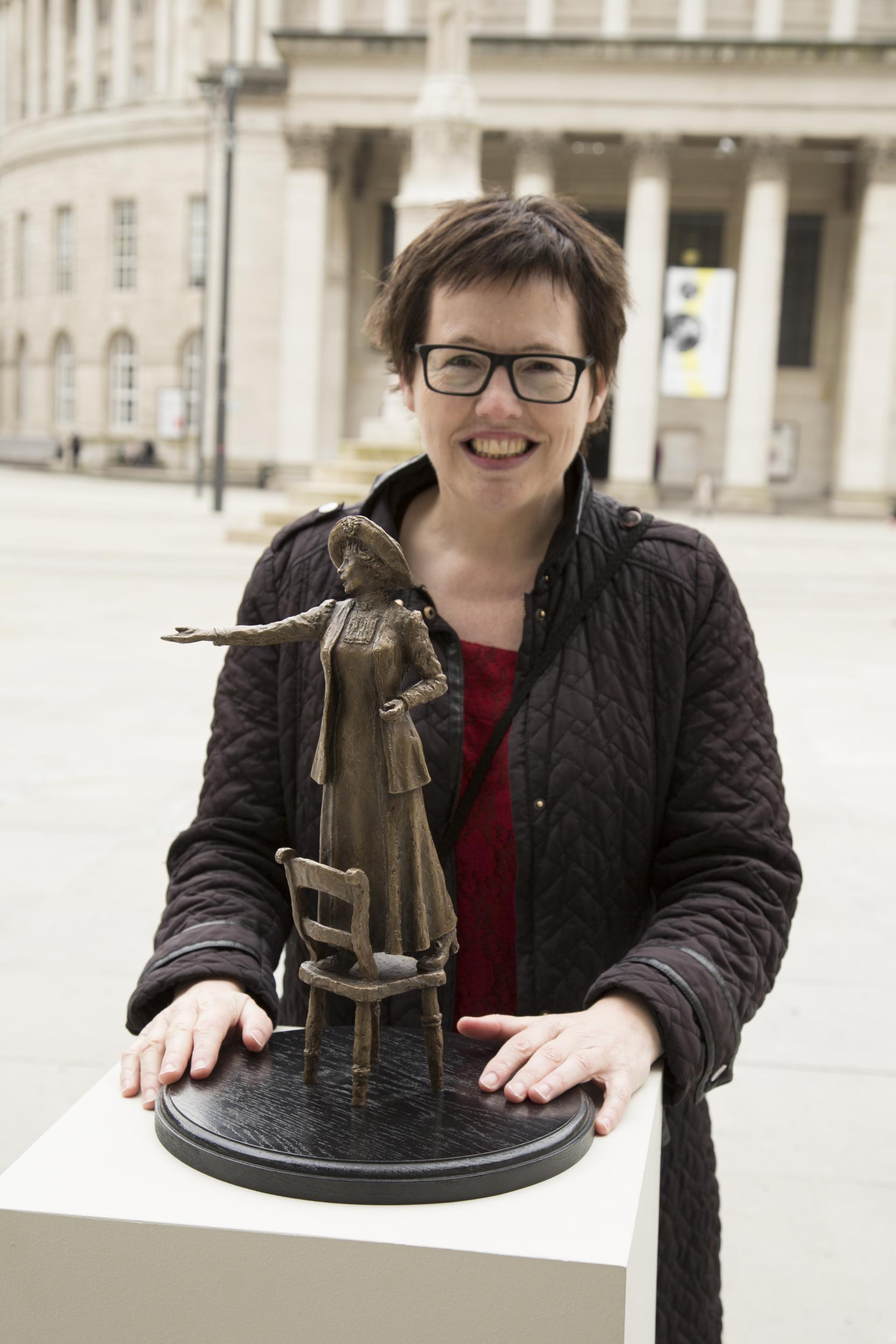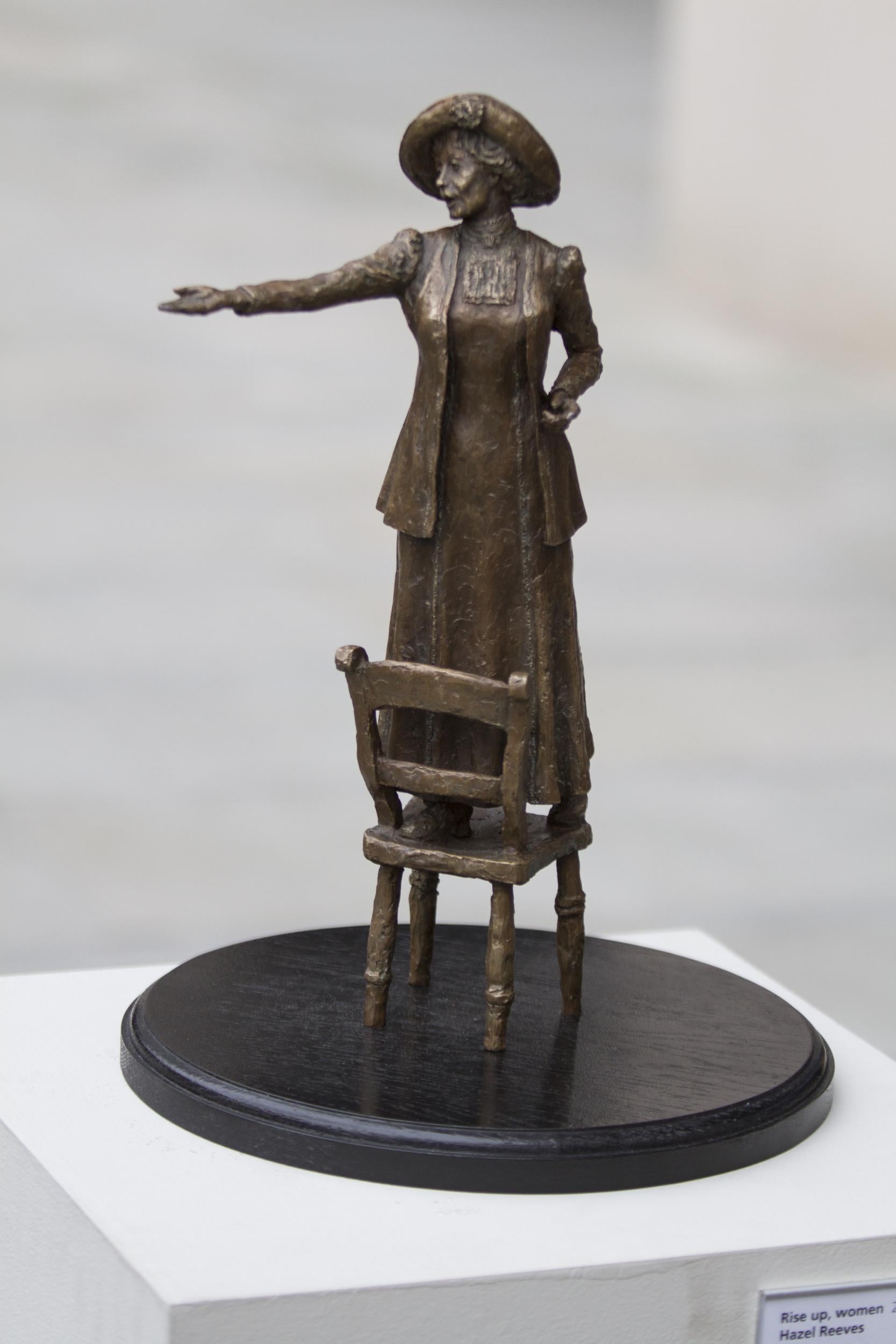
A new statue of Emmeline Pankhurst was unveiled in her home city of Manchester on Friday, marking exactly 100 years since British women first voted in a General Election.
As the leader of the suffragettes, Pankhurst is one of the most iconic women’s rights activists in British history.
The statue’s unveiling has been described by organisers as the grand finale of a year celebrating the centenary anniversary of women getting the vote in the UK.
Helen Pankhurst, Emmeline’s great granddaughter, organised for people to gather from across Greater Manchester at two special meeting points to march towards St Peter’s Square in the city centre where the statue is located.
Marchers walked from either the Pankhurst Centre, the former home of Emmeline, or the People’s History Museum, which is the national museum of democracy.

Andrew Simcock, chair of the Emmeline Pankhurst Statue Committee, has said the new statue captures the spirit of the city.

“Helen Pankhurst’s vision and all those involved in this project have inspired what will take place on the day; this will be a coming together of people to celebrate Emmeline and her legacy and to also celebrate the essence of Manchester, as a place of progression, inclusivity and groundbreaking ideas.”
The statue is the first of a woman to be unveiled in the city since one of Queen Victoria was revealed in Piccadilly Garden in 1901.
“2018 has been a year that has inspired all of us who are working to carry forward the legacy of those who have fought for equality," adds Gail Heath, chief executive of the Pankhurst Trust.

"It will be wonderful to end the year with such a celebratory and poignant moment.”

The statue resembles Pankhurst when she was at the height of her campaigning in the early 20th century, depicting her standing on top of a chair to address those gathered around her.
Pankhurst was selected from a list of 20 inspiring Mancunian women after the public voted for which female icon they wanted to be immortalised in statue form.
After she was chosen, a vote was carried out on who would design the effigy.
This was won by sculptor Hazel Reeves, who named her design “Rise up, women”.







